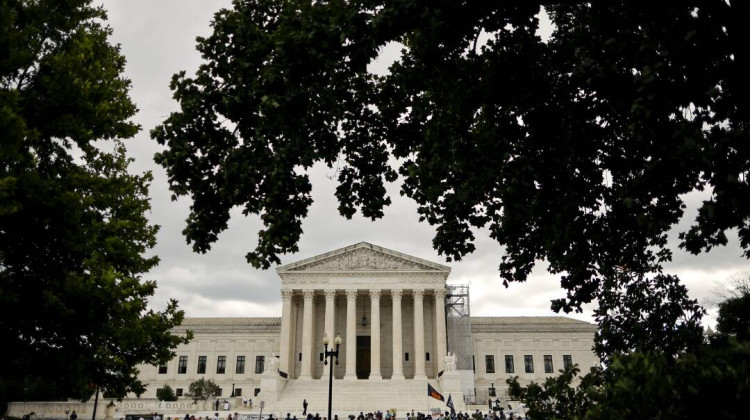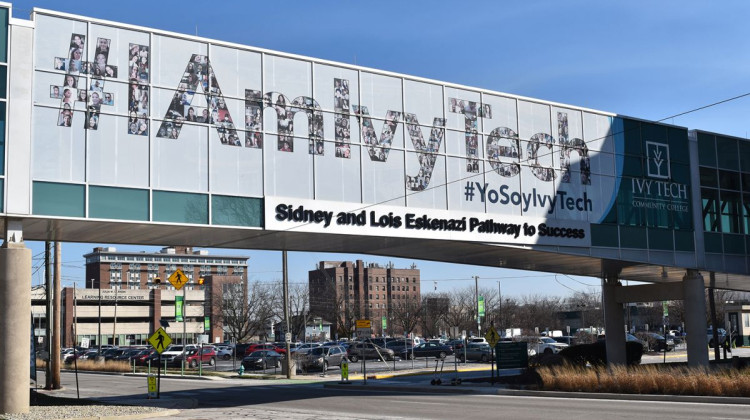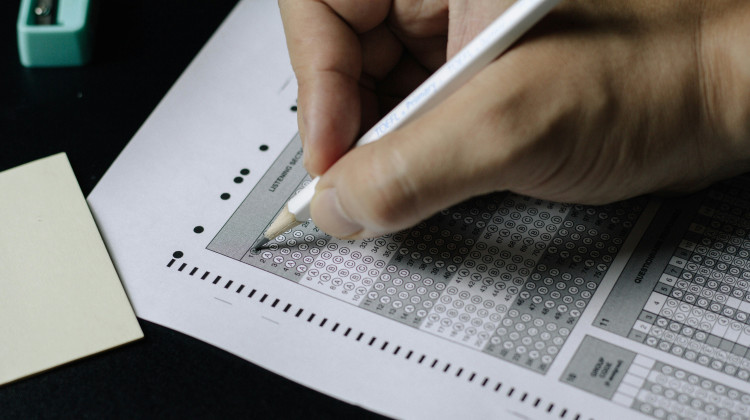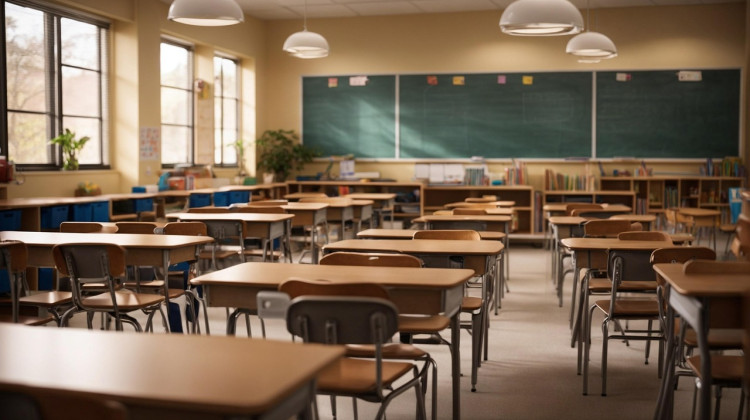A deadlocked U.S. Supreme Court effectively blocked the creation of the nation's first religious charter school in Oklahoma, leaving in place a state Supreme Court ruling that declared the school violated the constitutional separation of church and state.
The 4-to-4 tie vote means only that the lower court decision—here the state court's ruling—remains in place. That decision said that establishing religious public charter schools would violate both the state and federal constitutions, as well as the federal law that helped create public charter schools.
Justice Amy Coney Barrett recused herself from participating in the case. She didn't give any explanation, but the presumption is that it was because her very close friend at the Law School at the University of Notre Dame was involved in bringing this case on behalf of two Catholic archdioceses that wanted to establish an overtly religious Catholic charter school that would be funded by the state.
As is the common practice in deadlocked cases, the court did not specify how the individual justices voted, but based on the oral arguments just a few weeks ago, it would be reasonable to conclude that Chief Justice John Roberts joined the court's three liberals to vote against religious charter schools, while the remaining conservatives—Justices Clarence Thomas, Samuel Alito, Neil Gorsuch, and Brett Kavanaugh—voted the other way, to allow religious public charter schools. There likely was one additional factor in the quick jettisoning of the case: The court has a very full docket at the moment, and it's getting fuller by the day, as the Trump administration is filing an unprecedented number of emergency appeals seeking to block adverse decisions from the lower courts.
The Oklahoma charter schools case was brought by two Catholic archdioceses in Oklahoma that wanted to create a Catholic public charter school that would be funded by the state, as are other charter schools. But unlike other charter schools, the Catholic charter schools were to be overtly religious, serving as "a genuine instrument of the church" with a curriculum imbued by church doctrine.
The church argued that by excluding parochial schools from the state's public charter school program, the state was discriminating against their religion in violation of the Constitution's protection for the free exercise of religion. Countering that argument, the state contended that charter schools are public schools that are funded by the state, closely supervised by the state, can be shut down by the state, and that allowing them to be schools that proselytize the views of one religion violates the Constitution's mandate for separation of church and state, and the First Amendment provision barring any state establishment of religion.
The Supreme Court's action on Thursday means that it is likely to be some time before a similar case gets to the high court. A quick canvass of charter school groups turned up no similar cases currently brewing in the lower courts. So it would likely take roughly two years for a similar case to be litigated and reach the Supreme Court. But when and if such a case reappears at the High Court, the odds are that Justice Barrett, who has consistently supported religious rights, would do so again in a charter school case. Were that to happen, such a decision would radically change public education in the United States, and it might even have an adverse impact of charter schools if states decide to abandon them rather than accept taxpayer funded religious schools.
"Charter schools have always been built on the idea that they are public schools," said Starlee Coleman, the president of the National Alliance for Public Charter Schools, the umbrella group for the nation's 8,000 charter schools. "If the Supreme Court were to say they're not actually public schools, their financial and operational structure would be completely thrown into chaos."
 DONATE
DONATE









 Support WFYI. We can't do it without you.
Support WFYI. We can't do it without you.